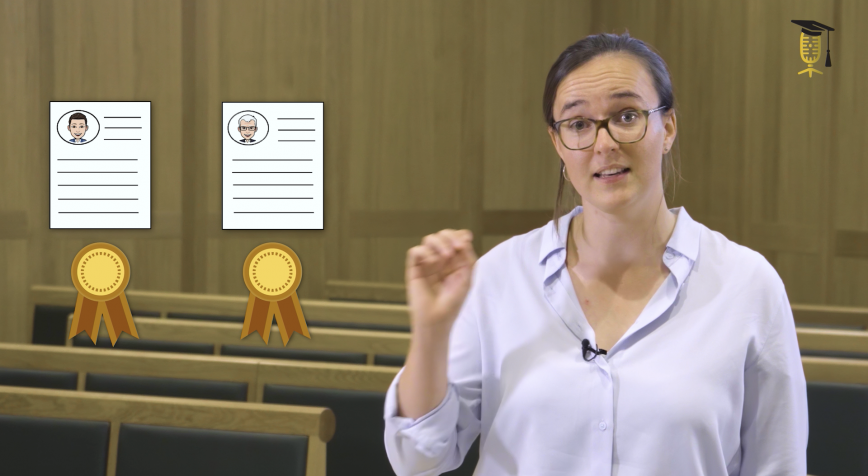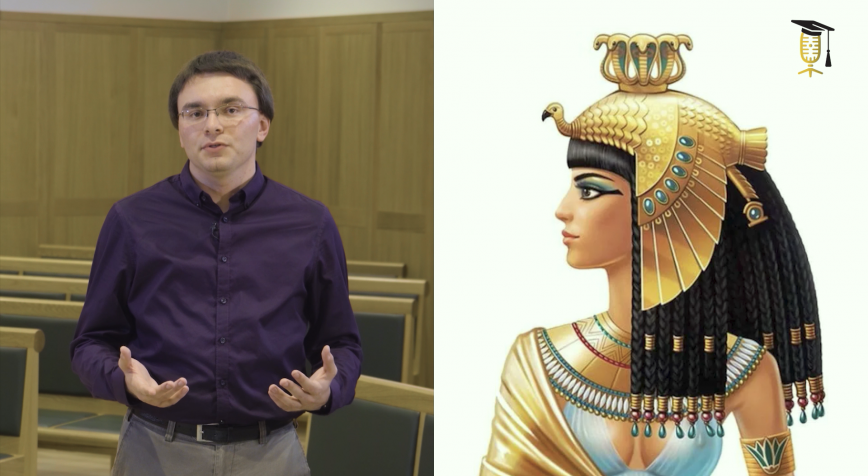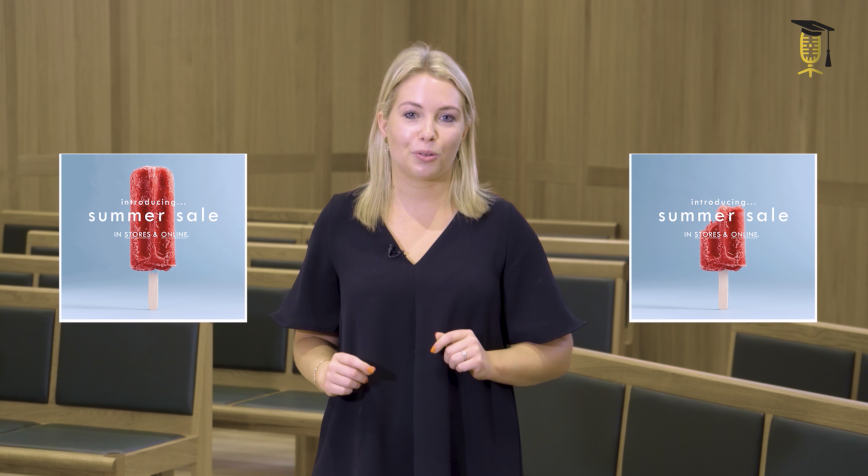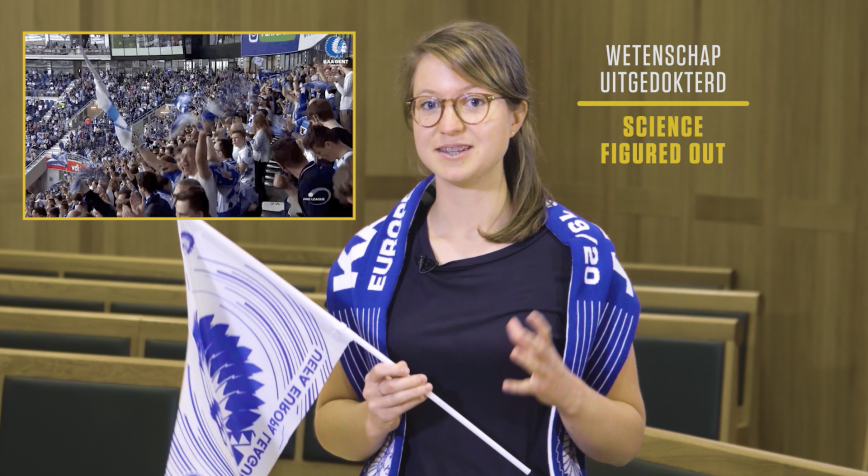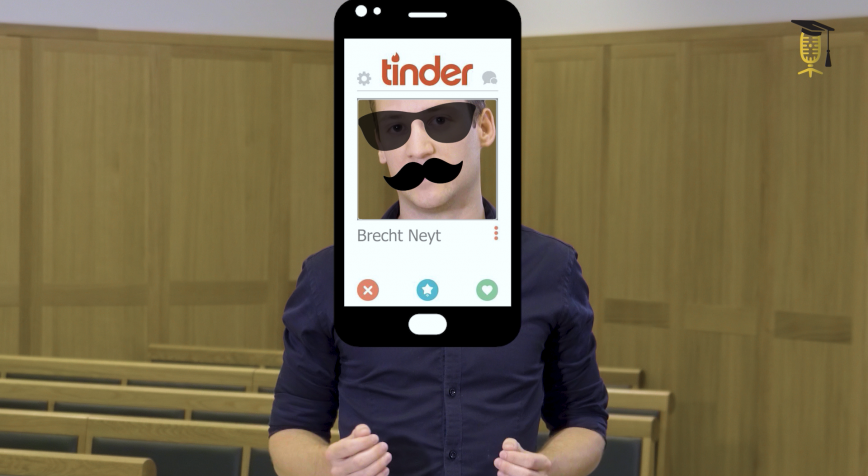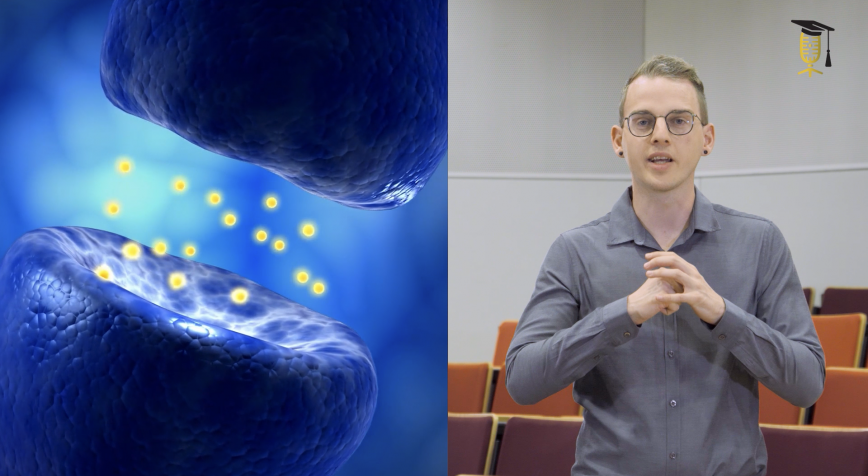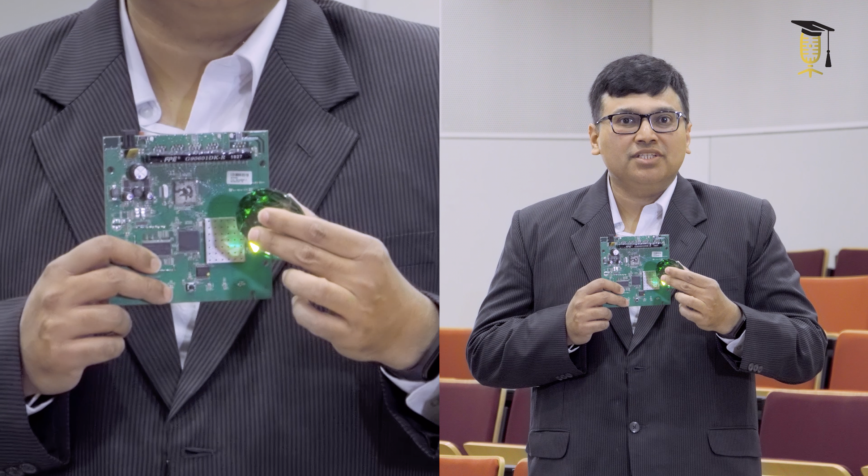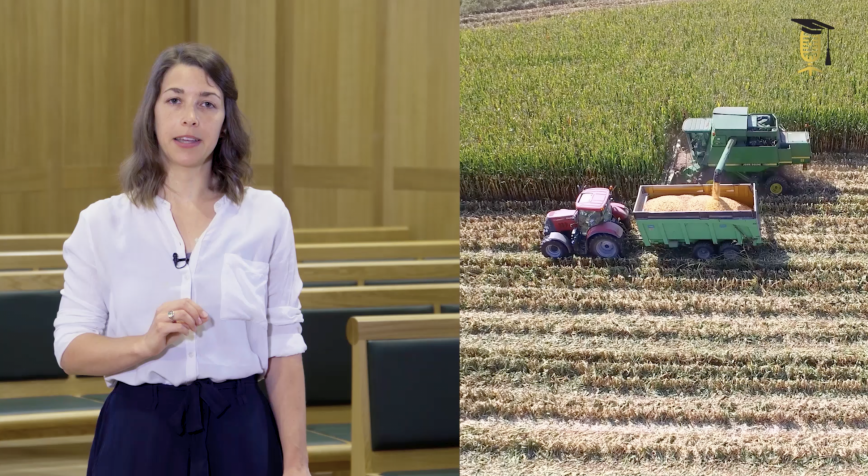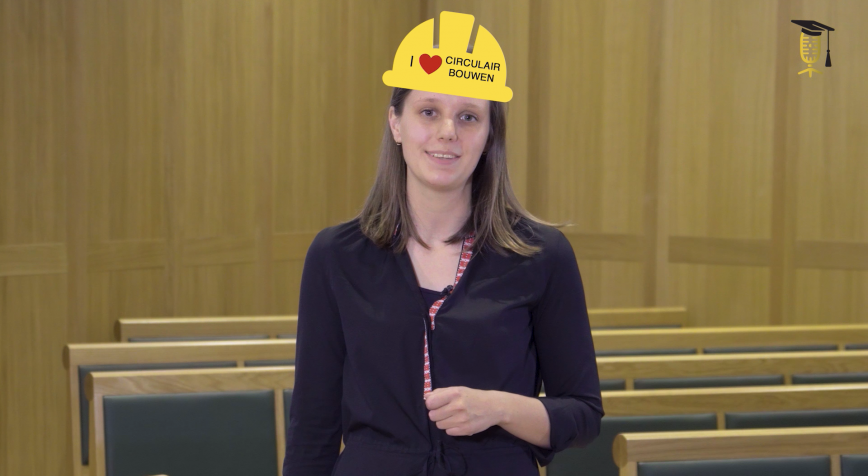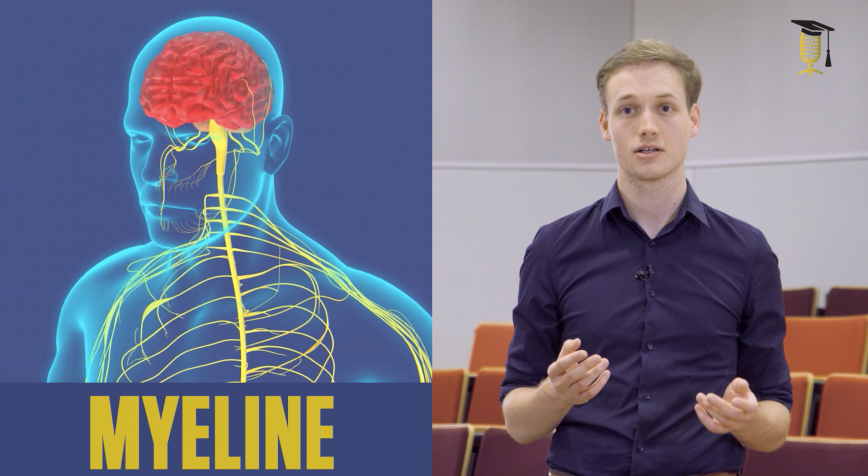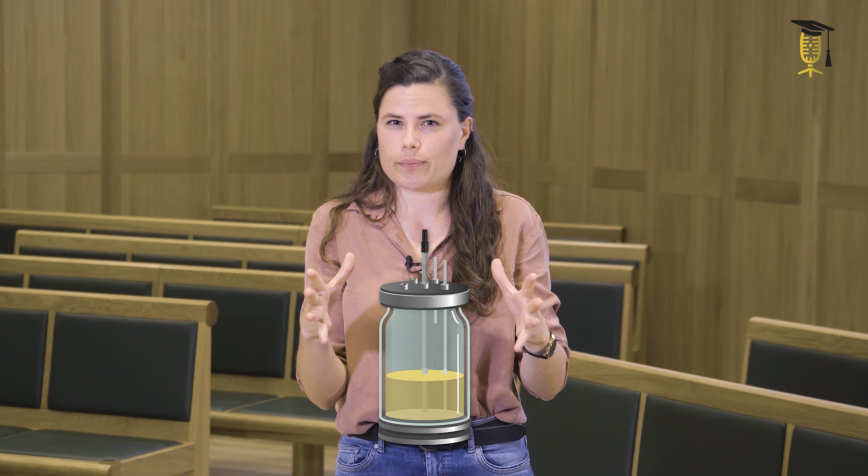
UGent
What if we fed bacteria to our fish and pigs? 🦠 🍽 🐟 🐖
Imagine that you could use the CO2 emissions of factories to feed animals! Two birds with one stone. Well, this is possible! in this video, Lotte Van Peteghem (Ghent University) explains how she would like to use the CO2 emissions of steel factory Arcelor Mittal to eventually feed about 150,000 pigs
